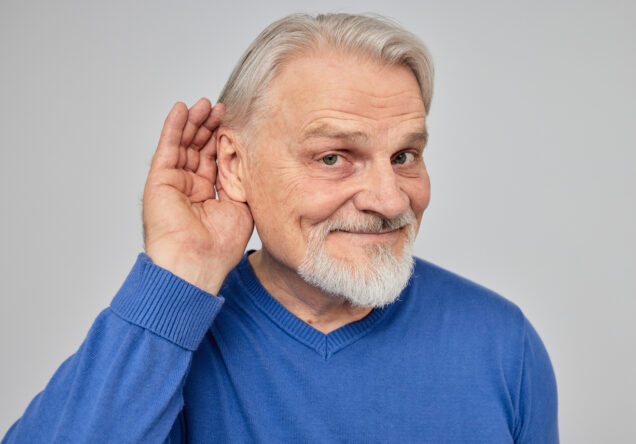We tend to picture astronauts as sleek, calm professionals floating gracefully through space, but the reality is a whole lot stranger.
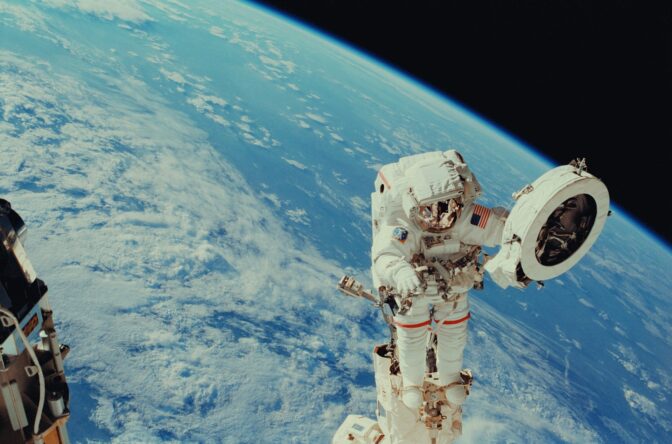
In fact, behind the inspiring missions and high-tech gear, daily life in orbit is full of bizarre routines, awkward moments, and weird adjustments no one talks about. While it’s admittedly still pretty cool to think about leaving Earth and seeing the planet from outside of it, here’s what life as an astronaut is really like once you leave home behind.
1. You’re basically living in a giant metal tube.
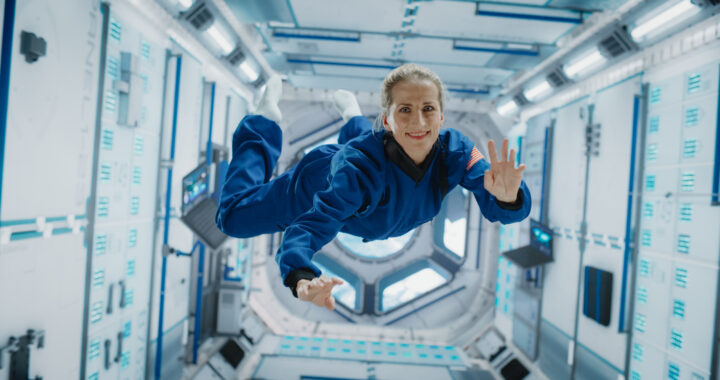
The International Space Station isn’t exactly spacious. Astronauts spend months in a place that feels more like a floating hallway than a home. There’s not much privacy, limited personal space, and you’re constantly surrounded by equipment, wires, and the hum of machines. Even sleeping quarters are tiny, like human-sized lockers strapped to the wall. You adapt, but it definitely takes a mental adjustment to live with zero alone time in a high-tech shoebox for months on end.
2. You can’t just shower — ever.
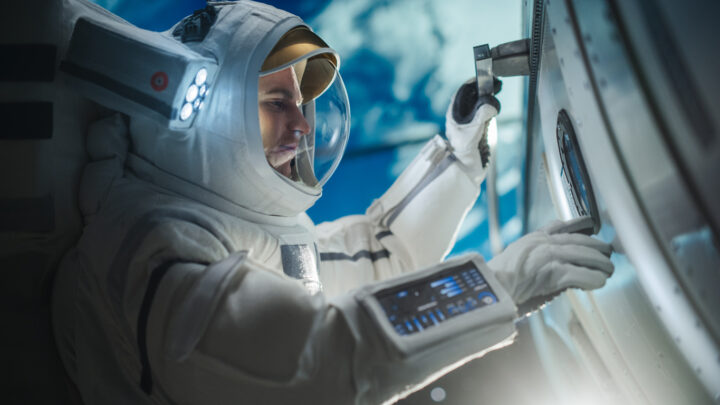
There’s no flowing water in space, so forget about long showers or even a quick rinse. Instead, astronauts use rinseless wipes, no-rinse shampoo, and sponge baths to stay clean. It’s basically camping hygiene, except you’re floating the whole time. That also means your skin never really feels freshly scrubbed, which can get uncomfortable after a while. You have to redefine what “clean” means, and accept that you’re going to feel kind of sticky half the time.
3. Peeing in space is a mission in itself.
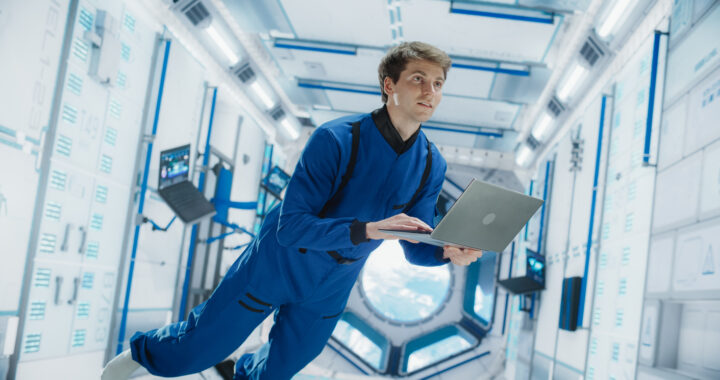
Going to the toilet in zero gravity is a process, not a casual trip. Astronauts have to use specially designed suction toilets to make sure bodily fluids don’t float around the cabin. There’s a lot of practice involved before they ever leave Earth — because if you mess up, it gets messy fast. And yes, urine is collected and recycled into drinking water. So when astronauts say they’ve had the same cup of coffee five times, they’re not really joking.
4. Your spine actually stretches, and it hurts.
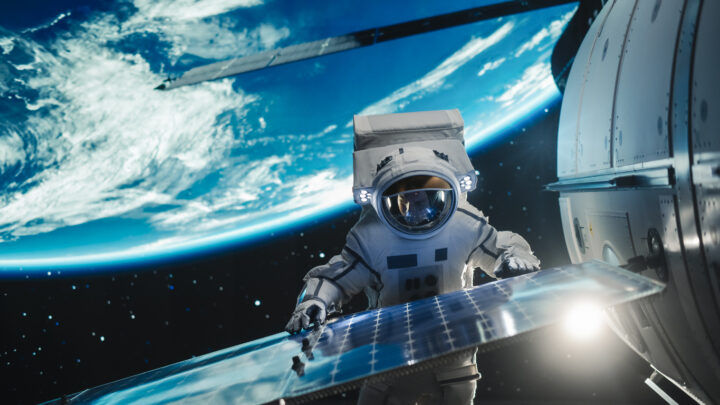
In microgravity, the spine decompresses, which means astronauts can grow up to two inches taller during a mission. Sounds cool, right? Not so much. The stretching can cause intense back pain and stiffness, especially at the beginning of a mission. Your body isn’t used to the change, and the muscles that normally support your spine start to weaken. So even though you’re technically taller in space, you also feel more achy than you might expect.
5. Everything smells kind of… metallic.
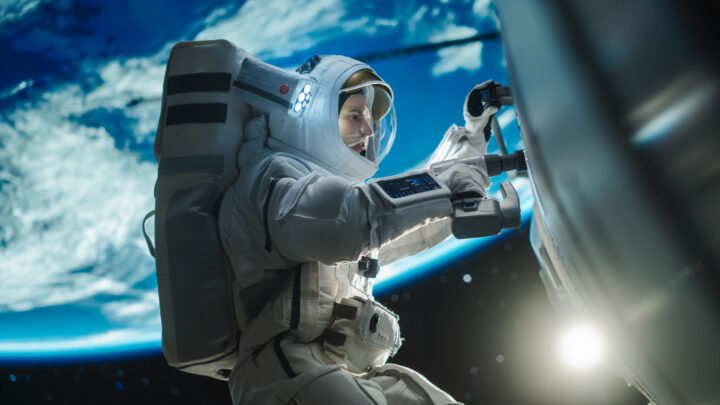
Astronauts often describe the smell inside the space station as a mix of hot metal, machine oil, and body odour. There’s no fresh air, and everything from sweat to spilled food tends to linger in the recycled atmosphere. After a spacewalk, suits and gear can come back with an odd “burnt steak” smell, thought to be from ionised particles clinging to materials. Basically, outer space has a scent, and it’s not that pleasant.
6. You never know when you’ll see a floating snack.
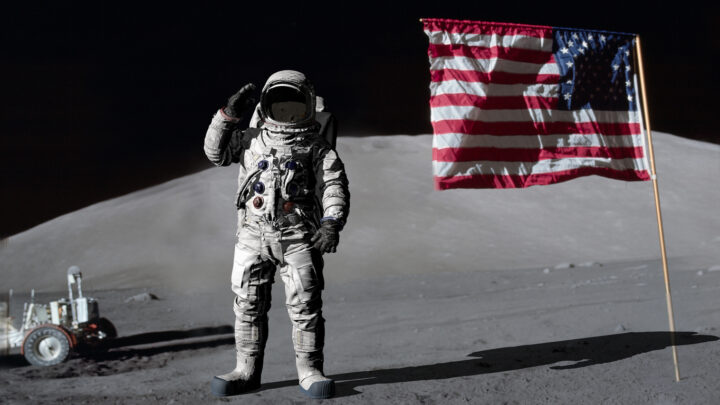
In zero gravity, crumbs and droplets don’t fall, they float. That means if someone opened a snack bag too quickly yesterday, you might still find little bits of food drifting around a corner today. Everything has to be eaten carefully and often with a spoon in a sealed pouch to avoid sending particles into the air filters. Still, the occasional rogue peanut or juice blob is just part of the scenery.
7. Sleep is completely weird, and often interrupted.
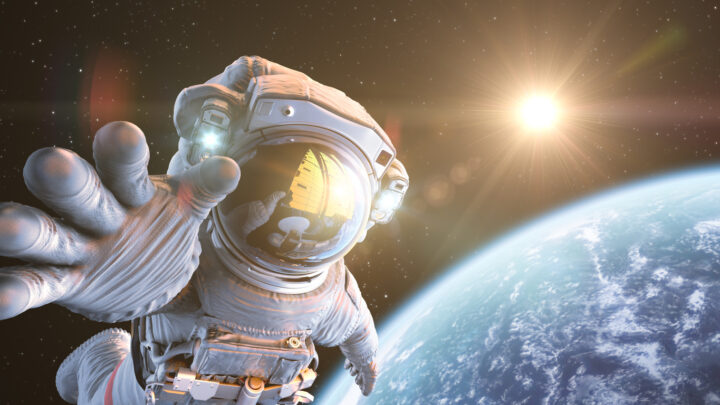
Astronauts don’t sleep in beds. They zip themselves into sleeping bags attached to the wall so they don’t float around, but even then, getting real rest is tricky. The station orbits Earth every 90 minutes, which means a sunrise or sunset happens 16 times a day. With no natural day-night rhythm, the brain struggles to settle. Add in the mechanical noises, occasional alarms, and general stress of being in space, and you’re looking at some seriously choppy sleep patterns.
8. Your taste buds change, and spicy food becomes king.
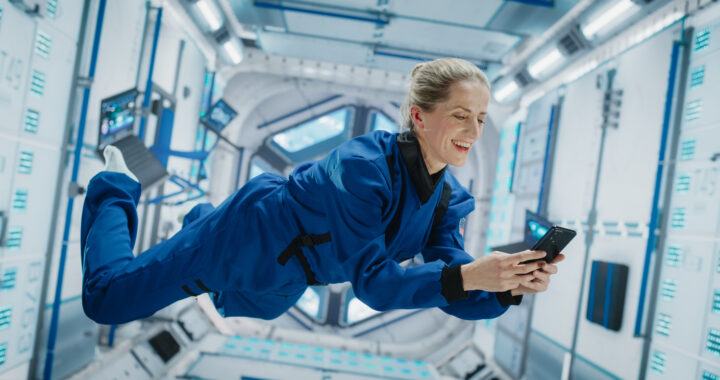
In microgravity, fluids in the body shift upward, giving you a permanent stuffy nose feeling. This dulls your sense of taste, so astronauts often crave bold, spicy flavours just to get some enjoyment from meals. Hot sauce becomes a mealtime essential, and bland foods like rice or eggs get a big flavour boost. Even people who didn’t like spicy food on Earth often end up pouring it on in orbit, just to taste something properly.
9. You can’t really wash your clothes.
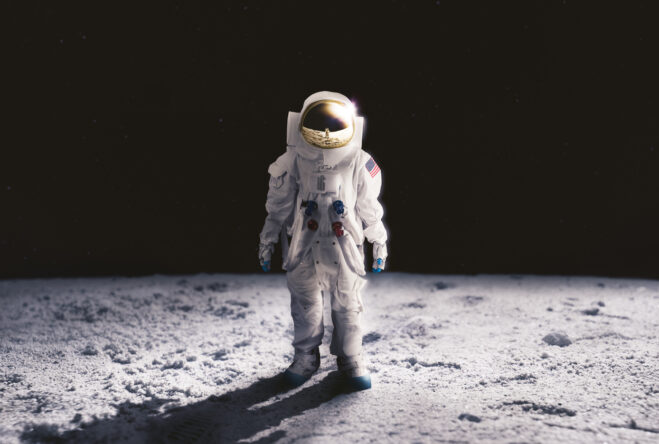
Laundry isn’t an option in space. Clothes are worn until they’re too gross to keep using, then packed up and sent back to Earth, or burned up with other waste in cargo capsules that re-enter the atmosphere. This means astronauts have to wear outfits for days, sometimes even weeks, depending on supplies. Space missions teach you to embrace being a little grimy, and to really appreciate fresh socks when they show up.
10. You have to exercise for hours every day.
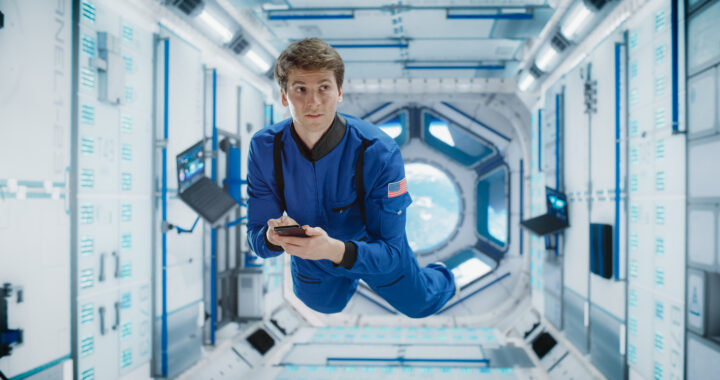
In zero gravity, muscles weaken and bones lose density fast. To prevent serious health issues, astronauts work out for around two hours every single day. Treadmills, resistance bands, and cycling machines are all specially adapted for life in space. It’s not optional; it’s prescribed like medicine. Skip a few workouts and your body starts deteriorating, which can make coming back to Earth even harder on your system.
11. You miss random, boring Earth stuff more than expected.
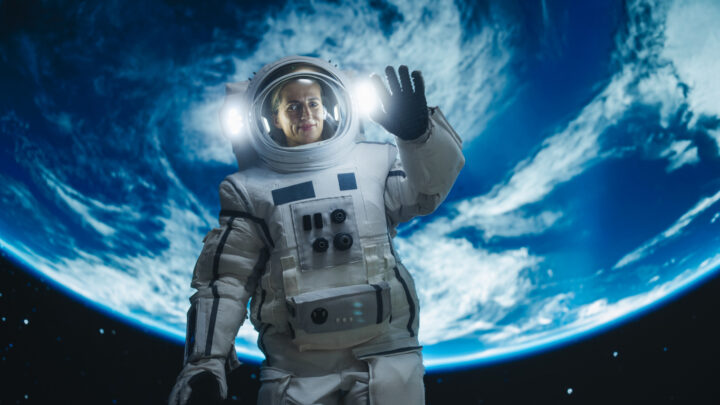
Of course you miss loved ones, but it’s the little things that sneak up on you—rain, fresh fruit, traffic noise, a real cup of coffee. After weeks or months in a completely artificial environment, Earth’s imperfections start to feel incredibly comforting. Astronauts often say they long for the smell of cut grass or the feeling of wind on their face. The ordinary becomes precious, and you realise how much sensory richness Earth gives you every day without even trying.
12. You might feel lonelier than you expected.
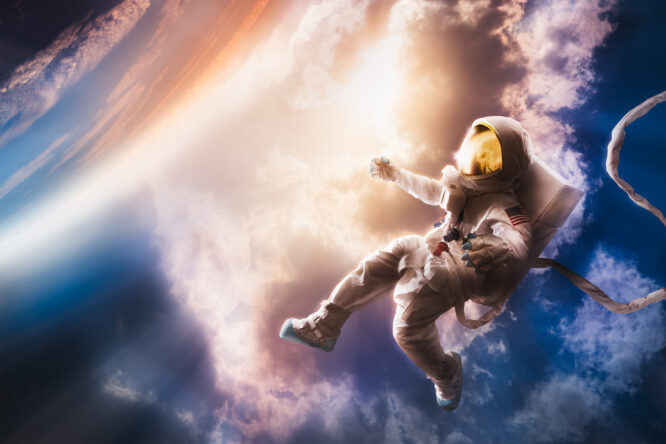
Even with a full crew and regular check-ins with mission control, isolation in space hits differently. You’re physically far from everything and everyone familiar, with limited privacy and no real escape. Some astronauts describe feeling more detached than they expected, like they’re watching life from the outside. The emotional toll is real, even if you’re surrounded by others. You’re constantly “on,” sharing close quarters 24/7, and it takes emotional strength to handle that gracefully over the long haul.
13. Coming back to Earth feels surprisingly strange.
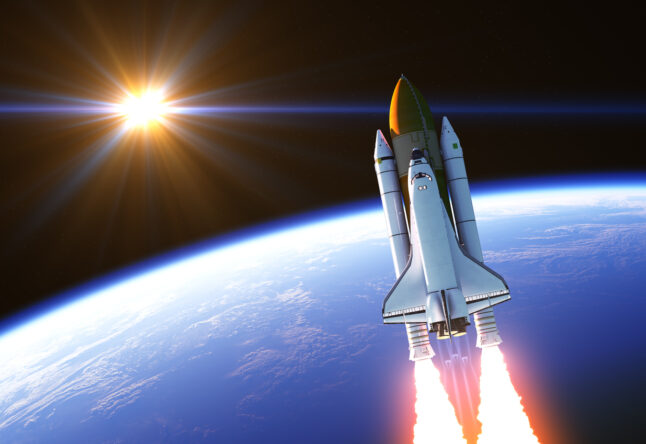
Re-entry is physically brutal. Gravity hits hard after months in space—muscles ache, balance is off, and even walking feels clumsy. Some astronauts compare it to feeling like a bag of wet cement being poured out onto the planet. Emotionally, things feel unfamiliar, too. The noise, the smells, the pace of life—it all feels overwhelming at first. It takes time to readjust, and some say they never look at life on Earth quite the same again.



